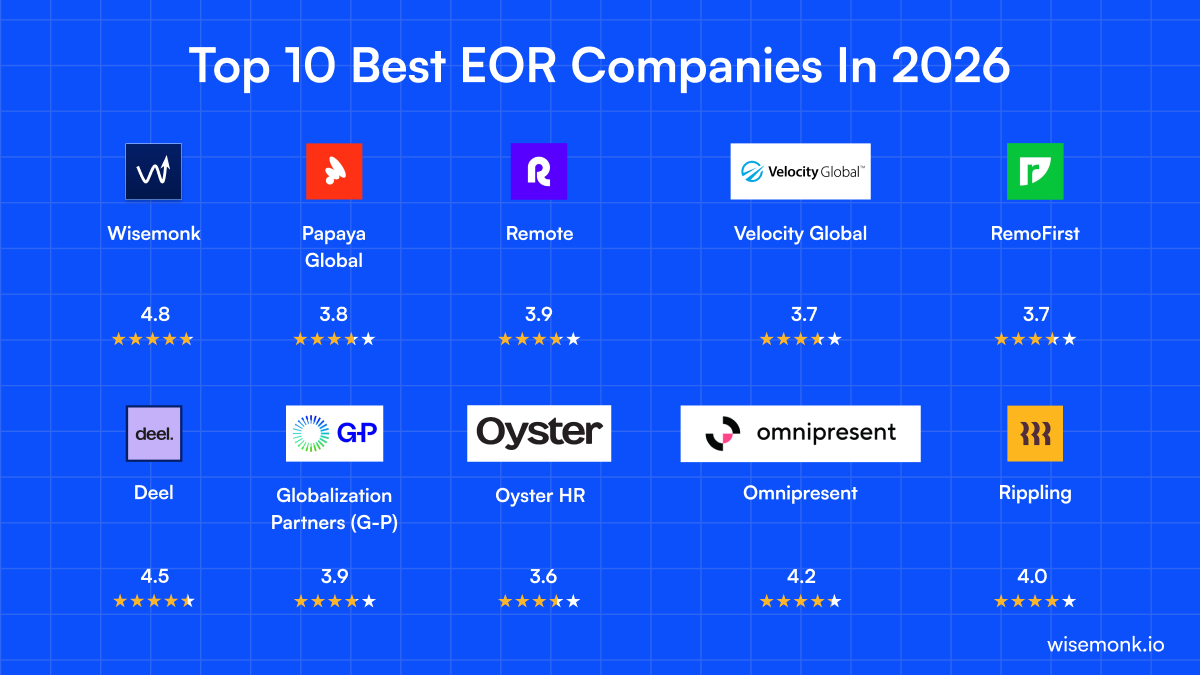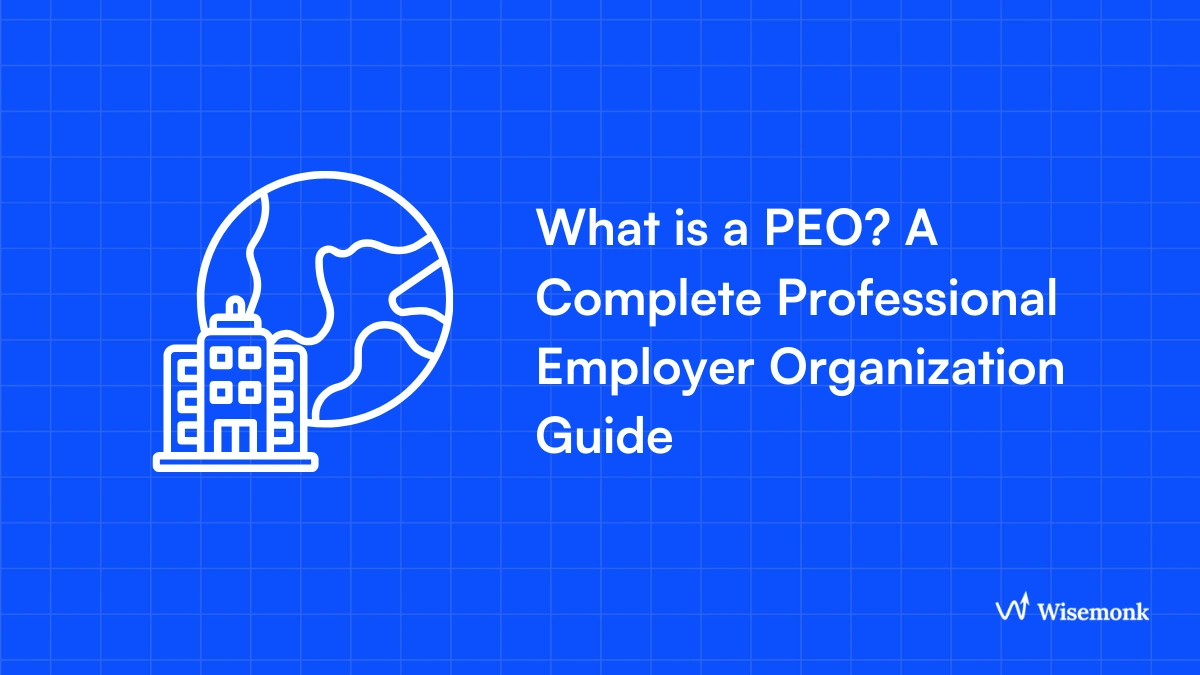How to offer your remote teams health insurance in India
Introduction
Choosing the right health insurance in India for your remote teams can be difficult ask. Remote work is becoming more common in India, with many companies embracing the flexibility it offers. However, ensuring the health and well-being of remote employees is still a top priority. That's where health insurance comes in.
This article is all about understanding health insurance for your remote teams. We'll discuss what remote workers need, how to find the best insurance providers, and how to manage costs effectively. Let's dive in!
What Remote Workers Need
Remote workers have different healthcare needs compared to those who work in offices. Here's what they require:
Flexibility: Remote workers need health insurance plans that allow them to consult with doctors online. This is useful for minor health issues and regular check-ups without visiting a clinic.
Complete Coverage: They need insurance that covers everything from basic consultations to hospital stays. This ensures they can handle any health issues, whether it's a routine check-up or a sudden emergency.
Easy Access: Remote workers need access to healthcare, even if they live in areas with few medical facilities. So, their insurance should include a wide network of doctors and hospitals.
Mental Health Support: Remote work can be lonely and stressful, so insurance plans should cover therapy or counseling to support mental health.
Wellness Programs: Insurance should offer programs promoting healthy living, like fitness resources and stress management tips, to help remote workers stay healthy while working from home.
How is health insurance in India perceived
In India, health insurance is seen as important for managing money and risks. People used to pay for healthcare themselves, but now, high medical costs and better awareness of health's importance make insurance more valued. Still, not many people have it. This is because many don't know its benefits, think it's complicated, or can't afford it. Some think it's only for big health problems, not for everyday care.
Health insurance in India: the Landscape
Expanding Insurance Options
In India, there's a wider variety of health insurance plans available from both public and private insurers. These plans cater to different needs, including individual, family, and group coverage, as well as specialized plans for specific illnesses.
Technology and Access
Technology has made it easier to access and manage health insurance. Online platforms allow people to buy policies, file claims, and get information easily. This has made health insurance more convenient and accessible to everyone.
Challenges in Awareness and Coverage
Despite progress, many people, especially in rural areas and low-income groups, still don't have health insurance. This is because they may not know about it, misunderstand how it works, or find it too expensive.
Issues with Healthcare Facilities
India's healthcare system faces challenges like not having enough facilities or medical staff, especially in rural areas. Fixing these problems requires cooperation between government, insurers, healthcare providers, and others.
Overall, while health insurance in India is improving with more options and easier access, there's still work to be done to make sure everyone can benefit from it.
How do companies provide health insurance in India
Group health insurance:
Group health insurance in India is coverage provided by employers or organizations to their employees or members. It's cost-effective and easy to manage compared to individual plans. These plans cover various medical expenses, like hospitalization and medication costs, and often include extra benefits such as maternity coverage and wellness programs. Group health insurance helps attract and keep employees happy, offering them and their families access to healthcare without big expenses.
Contribution to health insurance:
In India, both employers and employees usually share the cost of health insurance. Employers provide this benefit as part of the employee's compensation, paying a portion of the premium. Employees also chip in by paying a percentage of the premium from their salaries. This arrangement ensures that both parties have a stake in maintaining good coverage, keeping employees healthy, and managing healthcare costs.
Comprehensive Coverage:
Comprehensive coverage in India means health insurance plans that cover many medical expenses. These plans usually include hospital visits, doctor appointments, tests, medications, and surgeries. They may also cover maternity care, pre-existing conditions, and wellness programs. With comprehensive coverage, people don't have to worry about paying a lot for healthcare, giving them peace of mind during medical emergencies or regular check-ups.
Essential features of good health insurance in India
Employees in India want health insurance plans with important features to ensure they get good coverage and financial protection. These features include:
Complete Coverage: Employees want insurance that covers many medical expenses, like hospital visits, doctor appointments, tests, and medications.
Dependents and family members: Many employees include their parents, spouses, and children in their health insurance. They are willing to add contributions from their end if needed to include their family members.
Affordability: They look for plans with reasonable prices so they can afford to keep coverage for themselves and their families.
Easy Claims and Cashless option: Employees prefer plans with cashless hospitalization, so they do not face the financial burden of paying upfront.
Preventive Care: They value plans that cover things like check-ups, vaccines, and tests to prevent health problems.
Maternity Coverage: Plans with coverage for pregnancy and childbirth are important for employees planning to start or grow their families.
Coverage for Pre-existing Conditions: Employees with existing health issues need plans that cover their conditions without restrictions.
Access to Hospitals: They want plans with access to many hospitals and clinics, so they can get care easily.
Flexibility: Plans that allow employees to choose their coverage levels and benefits are preferred.
How much does it cost to provide health insurance in India
Annual Insurance Premium (also called Annual deductible) is the amount companies pay per year for health insurance coverage for their employees. Typically, employees opt for INR 5,00,000-20,00,000 as coverage and include their dependents.
How can remote companies provide health insurance in India
A remote company in India can provide health insurance to its employees in several ways.
- Partnership: Partner with insurance companies to develop group health insurance plans tailored to fit the specific requirements of remote employees.
- Employer contribution: Provide financial support by covering a portion of the insurance premiums, which is a way for the company to help pay for some of the insurance costs.
- Easy Sign-Up: Make it easy for employees to sign up for insurance by using user-friendly online tools such as an employer of record in India. These digital platforms allow employees to learn about different insurance plans, compare options, and sign up without any hassle, all from the comfort of their homes.
- Communication: Keep employees informed about the significance of health insurance through regular communication. This can be done by sending out emails, hosting online meetings, or even just talking about it during team catch-ups.
Talk to our expert on how to offer your remote teams health insurance in India. We partner with top insurance providers and can provide you with the best quotes as per your needs.
Frequently asked questions
Do remote workers get health insurance?
Yes, remote workers can receive health insurance benefits depending on the policies of their employers. Many companies, including those with remote teams, offer health insurance coverage as part of their employee benefits package. Remote workers may be eligible for individual health insurance plans or group health insurance schemes provided by their employers.
Is it mandatory to provide health insurance to employees in India?
It is not mandatory for employers in India to provide health insurance to their employees. However, the government has introduced several regulations aimed at promoting employee welfare, and providing health insurance is considered a common practice among many companies as part of their employee benefits package.
What is group medical insurance for employees in India?
Group medical insurance for employees in India refers to health insurance coverage provided by an employer to a group of employees. This type of insurance typically covers all employees under a single policy, offering benefits such as hospitalization coverage, outpatient care, and other medical expenses. Group medical insurance is often more cost-effective than individual plans and may also include additional benefits like maternity coverage, pre-existing condition coverage, and wellness programs.
How much does it cost to provide health insurance in India?
The cost of providing health insurance in India can vary depending on several factors, including the size of the organization, the level of coverage offered, the age and health status of employees, and the insurance provider chosen. Generally, employers may bear a portion of the premium costs, with employees also contributing through deductions from their salaries.
How to find a health insurance provider in India?
To find a health insurance provider in India, start by researching the options available in the market. Consider factors such as the reputation of the insurance company, the range of coverage options offered, customer reviews and satisfaction ratings, and the provider's network of hospitals and healthcare providers. We at Wisemonk can help you find the right health insurance provider in India.
What features should remote-friendly health insurance plans in India include?
Remote-friendly health insurance plans should offer pan-India coverage, cashless access to network hospitals, telemedicine and online consultations, mental health support, and customizable add-ons such as maternity, dental, or wellness benefits.
Why is mental health support important in health insurance plans for remote employees?
Remote work can lead to isolation and increased stress, making mental health a critical concern. Insurance plans covering therapy and counseling promote employee well-being, reduce absenteeism, and boost productivity.
.png)


